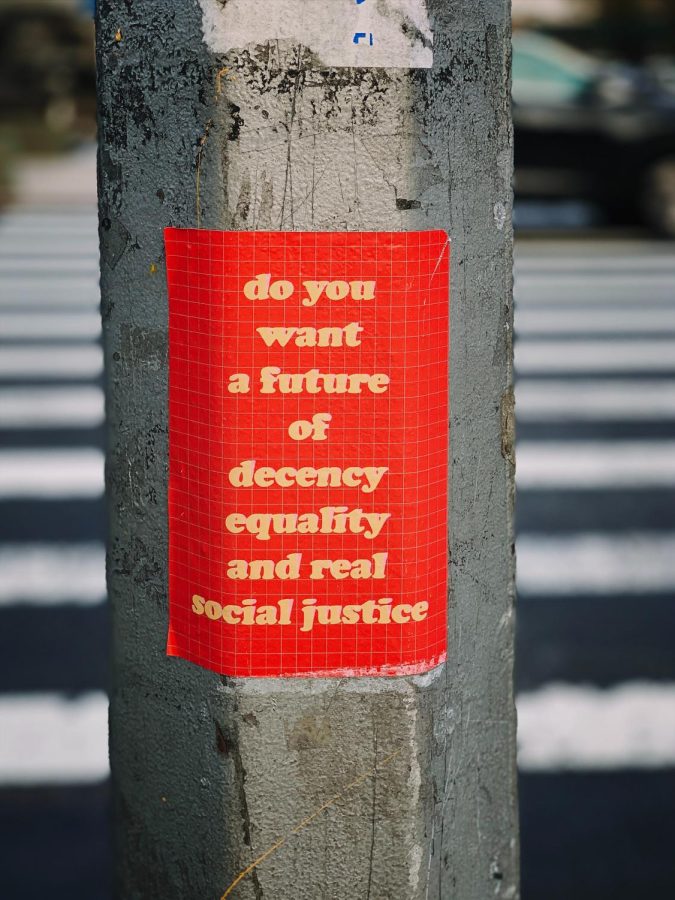Now that the election is over and Barack Obama has been elected president, it’s a good idea to read the fine print. Obama will inherit a weakened economy, and some of his proposals could have a dramatic impact on the economy and your pocketbook.
First, the economy is struggling. Home construction is down and will not return until the glut of homes on the market eases. Domestic auto manufacturing is on the ropes, with record losses and the real possibility of bankruptcy.
The mainstream media is also hurting: CBS recorded a $12.5 billion loss in the third quarter while The New York Times has had its bonds downgraded to junk status.
To jump-start the economy, Obama proposed a tax plan in July where 95 percent of taxpayers would receive a tax cut. However, the plans rely on tax credits, not tax cuts, and are properly defined as a spending increase because it will provide government payments to the bottom 40 percent of taxpayers who currently pay no income taxes at all.
The spending increase was to originally be paid for by raising taxes on those households earning $250,000 or more. However, that figure has been revised downward, dropping to $200,000 before Joe Biden lowered the threshold to $150,000. That number is likely the correct figure because, according to 2006 IRS data, the top 5 percent of taxpayers reported adjusted gross incomes of $153,542. They also paid 60 percent of all income taxes.
While $150,000 sounds like a lot, that figure is for married taxpayers filing jointly. Although it is unlikely you will earn $75,000 upon graduation, after a few years of promotions and pay raises you might, and then you could be subject to increased taxes as a single individual. If you marry somebody earning a similar income, you would quickly hit the $150,000 threshold.
However, the rich won’t be the only people paying more in taxes. The tax cuts enacted by President Bush expire in 2010, at which time rates will go up two percent for most income brackets. If you earn more than $31,000, your taxes will increase.
As nebulous as taxes may be since they come out of your paycheck and not your wallet, there are other issues of concern. President-elect Obama does not support additional drilling for oil in Alaska and has said that what he regrets about the recent price of $4 gas was the speed with which it happened. While gas prices have retreated in the face of a world-wide recession, without an increase in domestic supply we could see the return of $4 gas when the economy rebounds.
Such proposals would damage an already weakened U.S. economy because companies will not sit around while energy prices skyrocket or global warming taxes are slapped on them.
Instead, they will move to countries where the cost of doing business is lower. The U.S. already has the highest corporate tax rate in the developed world (35 percent), and for all the talk of a windfall profits tax on oil companies, Exxon pays record taxes on its record profits. Higher taxes will only give companies more incentive to relocate offshore to countries like Denmark ( with a 25 percent tax rate) or Ireland (12.5 percent).
Just like people move out of bad neighborhoods, so do businesses.
Politicians like to talk in glowing terms, but details matter. Based on the problems confronting our economy, we could be in for a bumpy ride.
Woell is a senior accounting major and columnist for The Spectator. This column appears biweekly.





